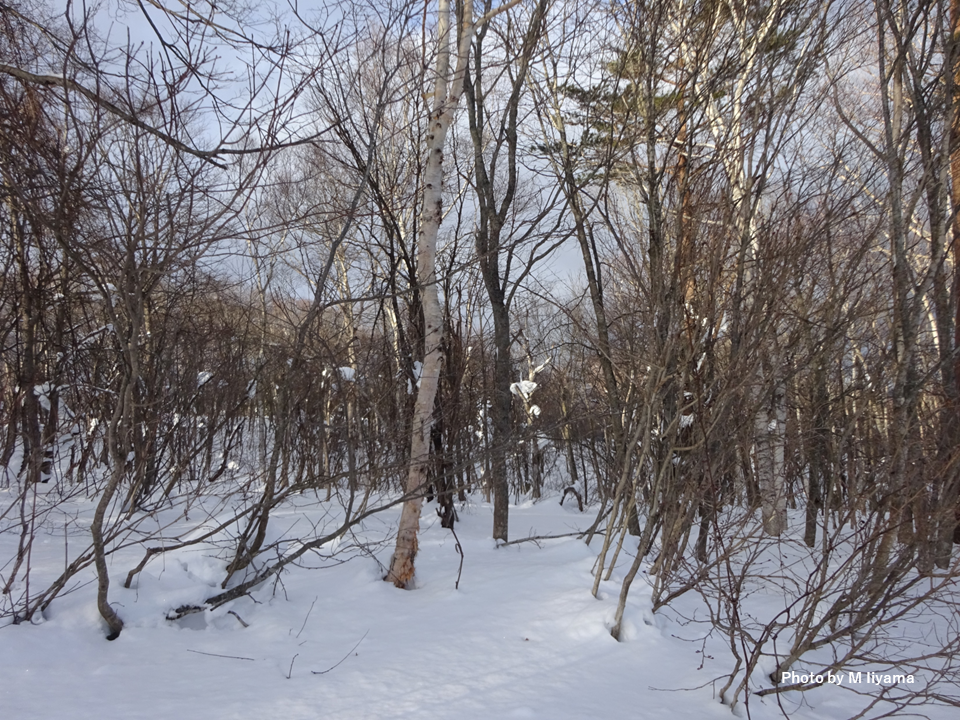Pick Up
953. Extreme Cold Waves Can Occur Even Under Global Warming

953. Extreme Cold Waves Can Occur Even Under Global Warming
In January 2024, Japan experienced unseasonably warm temperatures across the country. Early in the week, the Kanto region experienced a sudden cold snap early, resulting in heavy snow warnings for parts of Tokyo.
Meanwhile, in early January, the intrusion of Arctic air into Upper Fennoscandia, which includes Scandinavia, the Kola Peninsula, Karelia and Finland, resulted in extreme cold temperatures of -44.3°C in Enontekiö, Finland, and -31.1°C in Oslo, Norway. Despite the region's accustomed cold climate, such frigid air masses have become increasingly rare in recent years, resulting in power outages, infrastructure damage, and negative impacts on vulnerable populations.
World Weather Attribution, an organization that studies the relationship between extreme events and climate change, suggests that the extreme cold that hit northern Europe in early January 2024 could still occur in a warming climate. However, the decreasing frequency of such events could increase the vulnerability of societies unprepared for cold waves.
A joint assessment by a team of scientists from Norway, Sweden, Finland, France, the Netherlands, the United Kingdom and the United States categorized the event as a 1 in 15 year occurrence and ranked it as the 12th coldest since 1950. The daily minimum temperatures in Oslo were classified as a rare 1 in 200 year event in the current climate. Notably, without the effects of anthropogenic climate change, the average regional temperature would have fallen by an additional 4°C, reducing the occurrence of such cold spells by one-fifth. Under a 2°C warming compared to pre-industrial times, the projections indicate that rare cold spells like this one would have been 2.5°C colder and less frequent.
The researchers warned that while cold waves will not disappear entirely under climate change, their reduced frequency and intensity could have a significant impact on society's ability to anticipate and cope with cold weather events.
On the other hand, there are concerns that changes in winter weather patterns, particularly lack of snow and changes in the timing of snowmelt, could lead to shortages of agricultural water for irrigation, with significant implications for local food production and food security for countries dependent on food imports from such regions.
Contributor: IIYAMA Miyuki (Information Program)
